Recycling has come a long way in the past 20 years. When I was in Primary school I remember recycling and environmental preservation were the new big topics. Teachers began to teach us about conserving water, making compost bins and separating our rubbish.

While there have been huge steps taken in the process to rescue and restore the planet, there is still a long way to go. Australia is one of the countries with the highest per capita waste generation. This means that on average each person in Australia produces more waste than other individuals in almost all other countries. There are many facts about recycling that may make you rethink your environmental efforts. I’ve looked into the problems surrounding this much talked about and criticised process.

Many people don’t know what can and cannot be recycled. For example, 11.1 million tons of recyclable clothing, shoes, and textiles end up in landfills every year. Not only is this incredibly wasteful but it is also harmful to our environment. What is even more shocking is that 85% of clothing can be recycled. There are many charities now operating that take clothes and organise them accordingly. For example, DoSomething.org has teamed up with H&M. They sort the clothes into those that can be re-worn, reused and recycled. Clothes that are in bad condition can be turned into fibers that are used to make new products, insulation for buildings being one example.

Another interesting fact which we should all keep in mind is that aluminium is infinitely recyclable, meaning it can be reused in a completely different way from what it was previously used for. It is an incredibly useful material and there is never any excuse not to recycle it. Nearly 70% of aluminium is recycled globally. Therefore many steel cans are still being sent to landfills, despite 93% of Australians having access to kerbside recycling services that accept steel packaging.

If your food waste is piling up a great way to assist with environmental efforts is to start a compost bin. Organic waste includes any animal or plant based material and degradable carbon such as timber, paper, garden organics and cardboard. Not only are compost heaps useful but they prevent the decomposition of organic material in landfills which generate methane, a very harmful greenhouse gas. There are so many advantages to being considerate with your organic waste.

In Australia, 376,000 tonnes of plastic packaging is used every year. This is a staggeringly large amount of waste. Plastic water bottles are a huge source of plastic waste and we all need to be more considerate when disposing them. Plastic is deadly to the environment. Therefore it is imperative that it is recycled.
Wrap-Up Summary
Looking at some of these shocking facts certainly makes me rethink how I dispose of rubbish. It is important to remain up to date on recycling knowledge and to understand how valuable resources are reduced, reused and recycled. We must also be mindful of our eco-product options. If a product that is environmentally friendly is available, consider it instead of the harmful alternative. We can all contribute to the environment in a more positive way, allowing for future generations to enjoy the planet.
First seen on https://mentalfloss.com/article/63240/8-surprising-facts-and-misconceptions-about-recycling
About The Author:





 Sale
Sale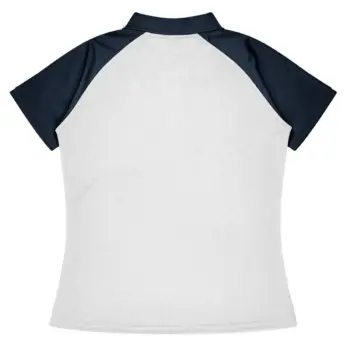

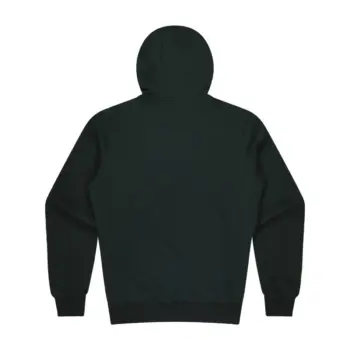

 Corporate Uniforms
Corporate Uniforms Eco Apparel
Eco Apparel Hoodies & Sweaters
Hoodies & Sweaters Jackets
Jackets Kids' Clothes
Kids' Clothes Other Apparel
Other Apparel Polo Shirts
Polo Shirts Socks
Socks Shoes
Shoes Sports Bottoms
Sports Bottoms Sports Uniforms
Sports Uniforms Tee Shirts
Tee Shirts Workwear
Workwear
 Briefcases
Briefcases Dry Bags
Dry Bags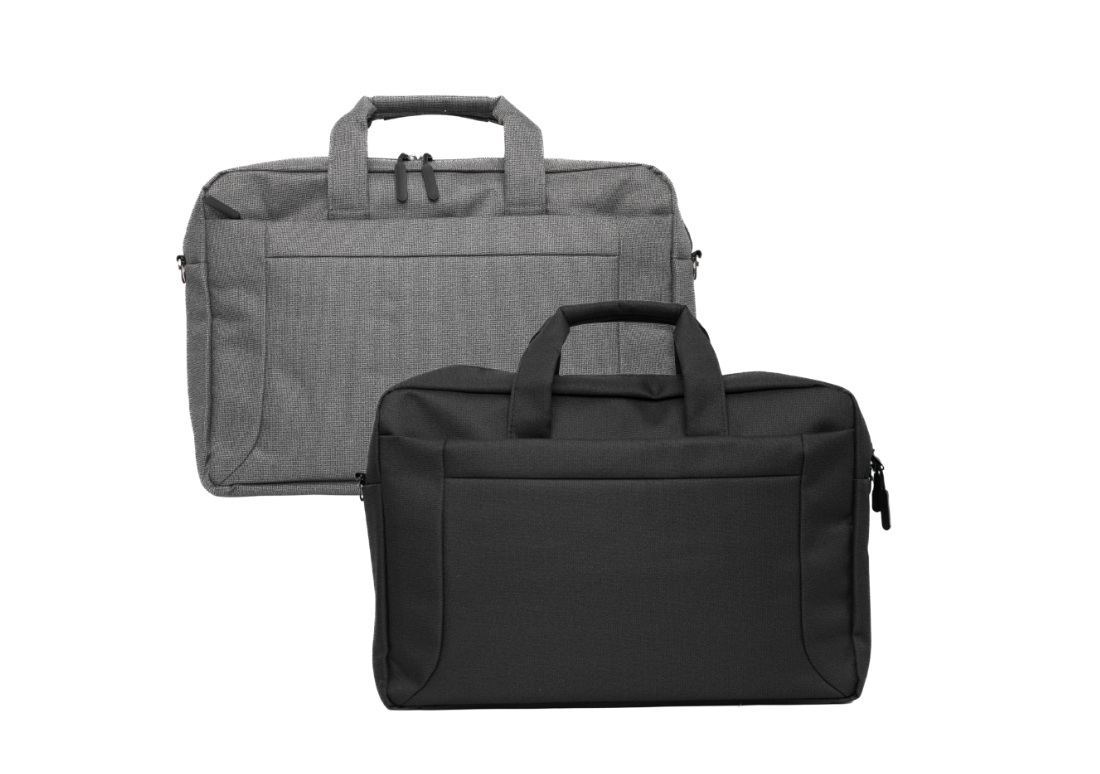 Laptop
Laptop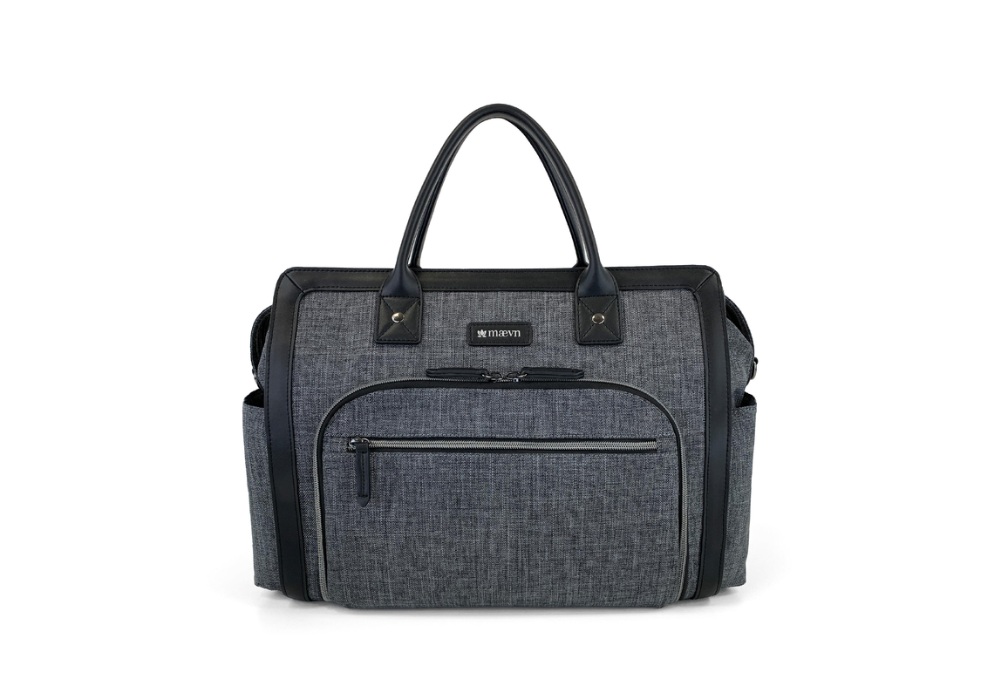 Satchels
Satchels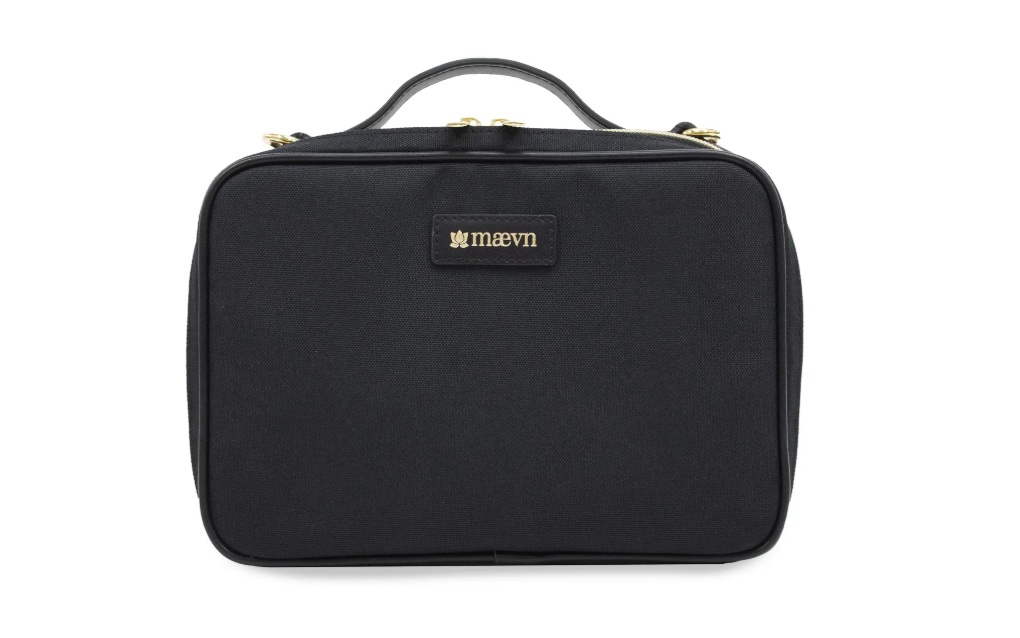 Specialised Bags
Specialised Bags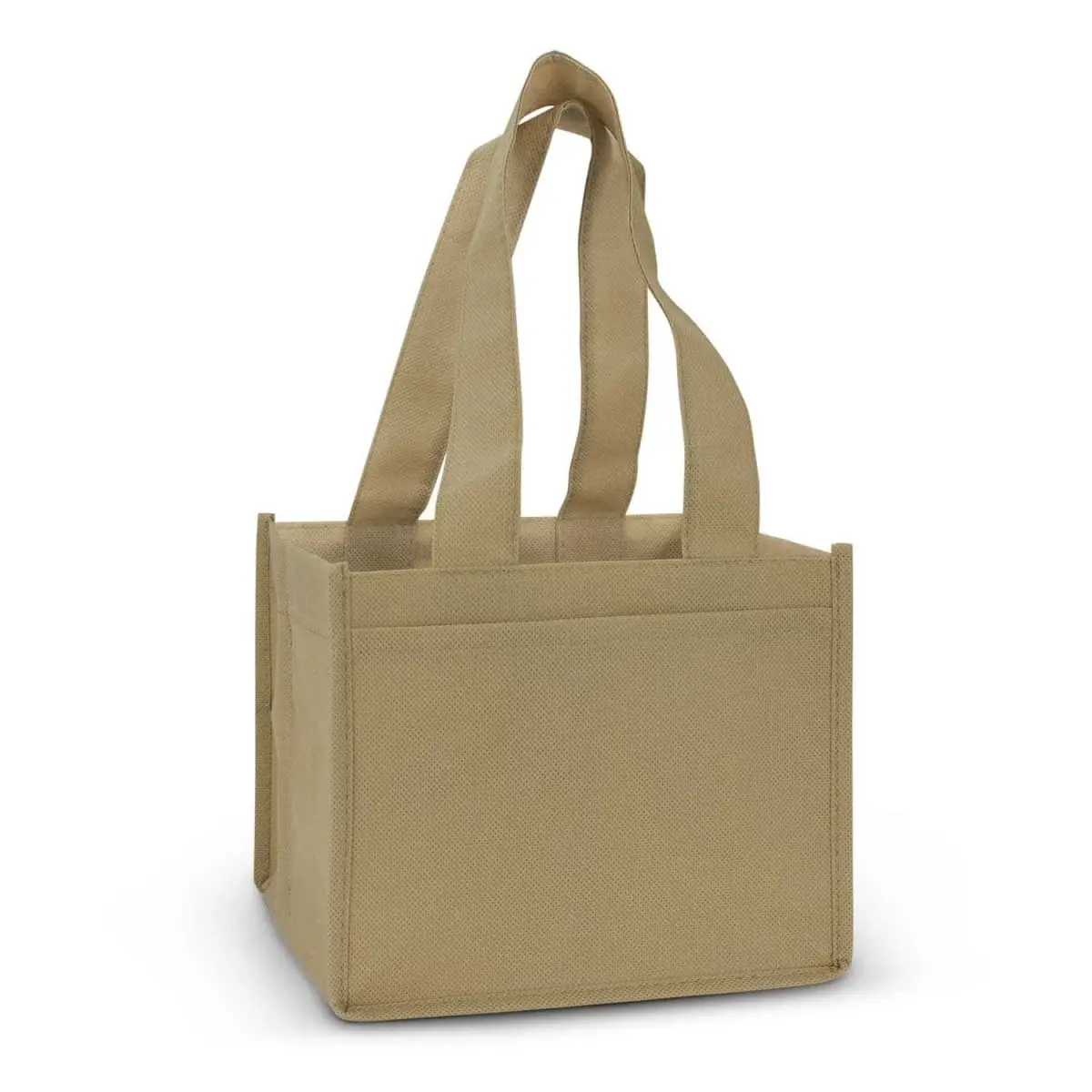 Tote Bags
Tote Bags

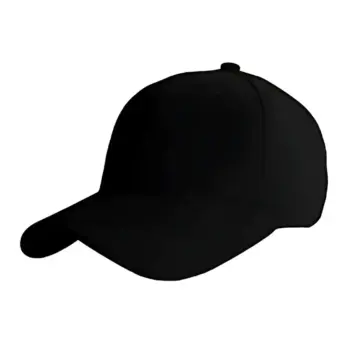
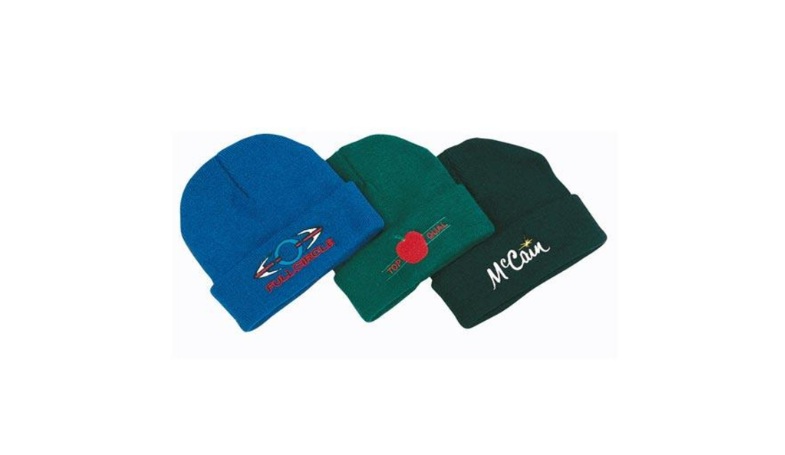 Beanies
Beanies Caps
Caps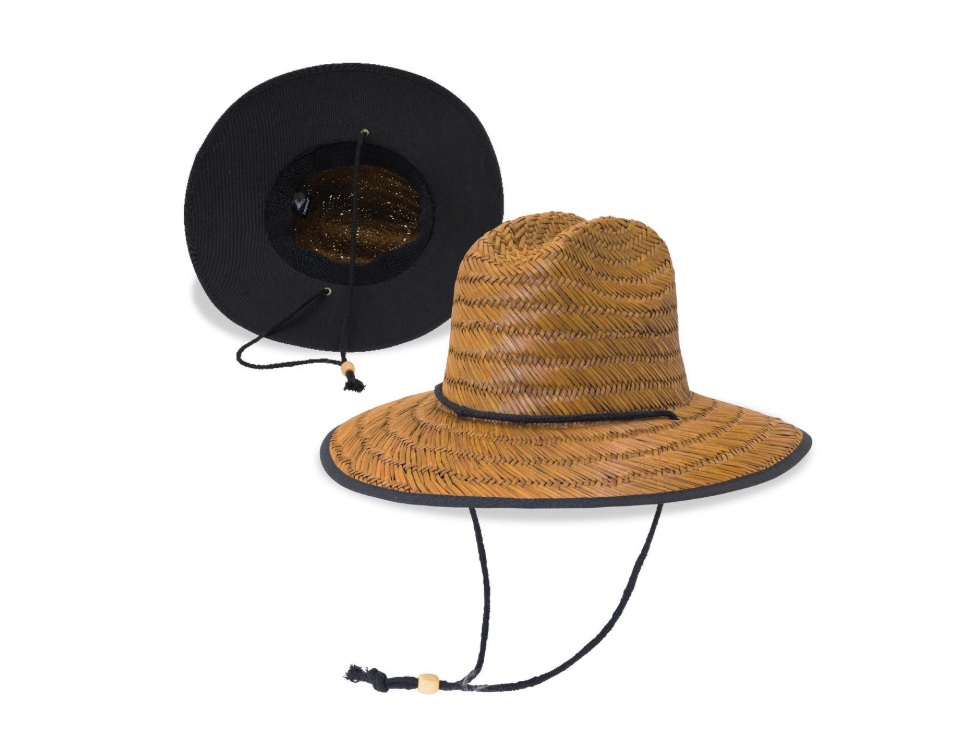 Straw Hats
Straw Hats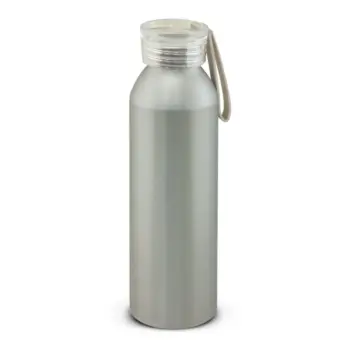
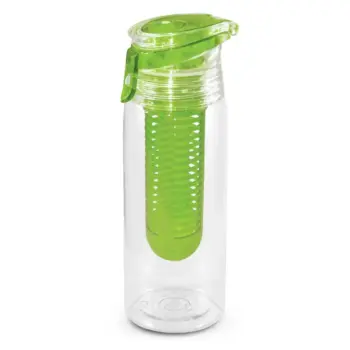
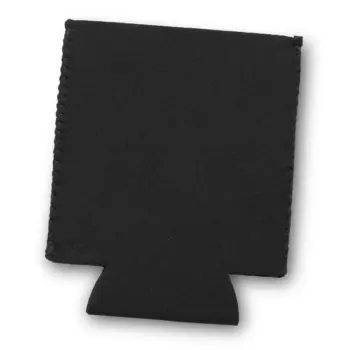
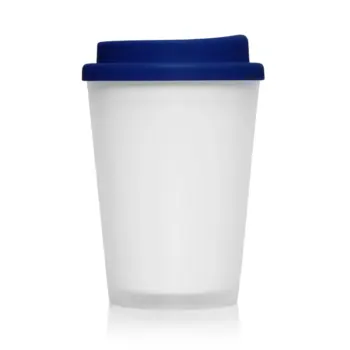
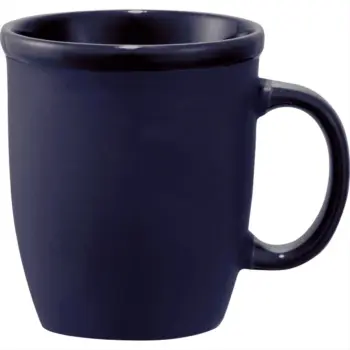
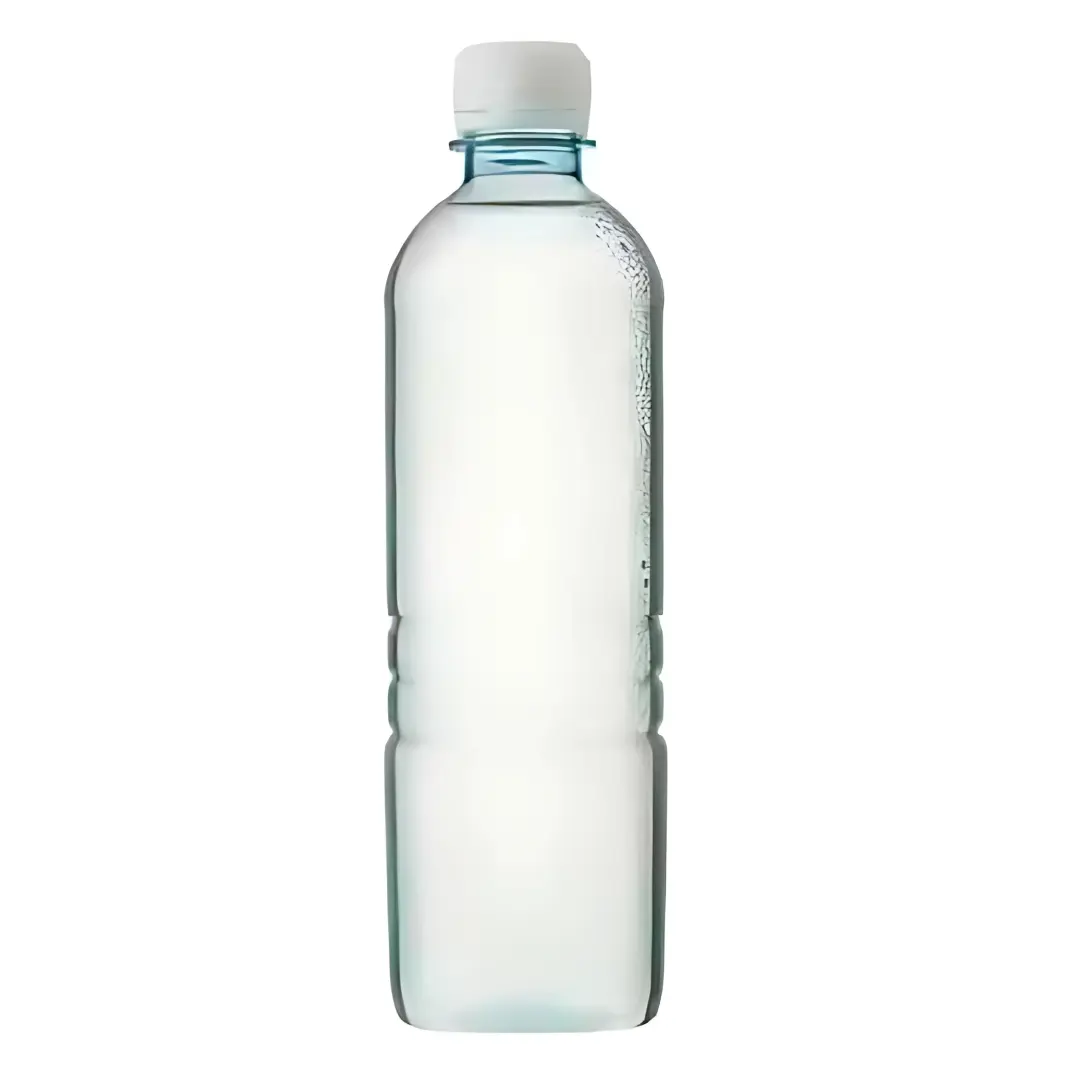 Bottled Water
Bottled Water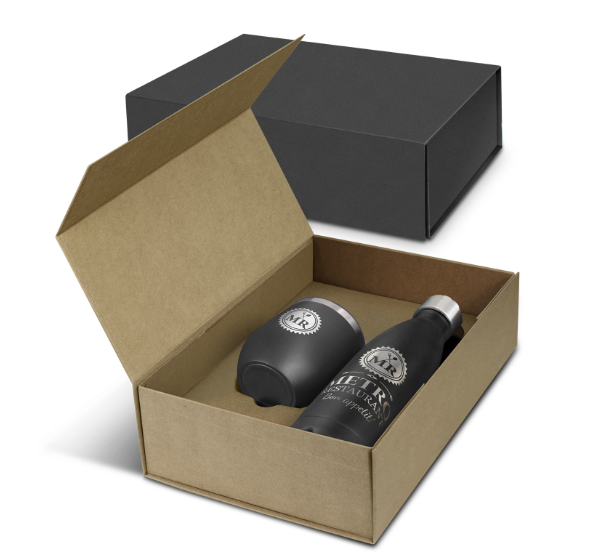 Drinkware Gift Sets
Drinkware Gift Sets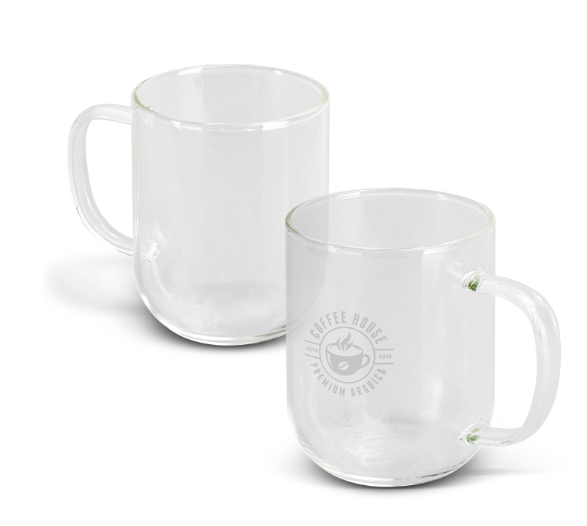 Glass & Poly Cups
Glass & Poly Cups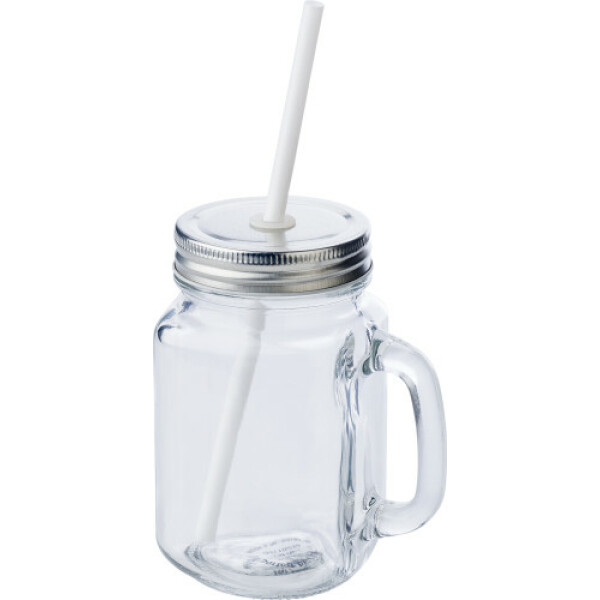 Mason Jars
Mason Jars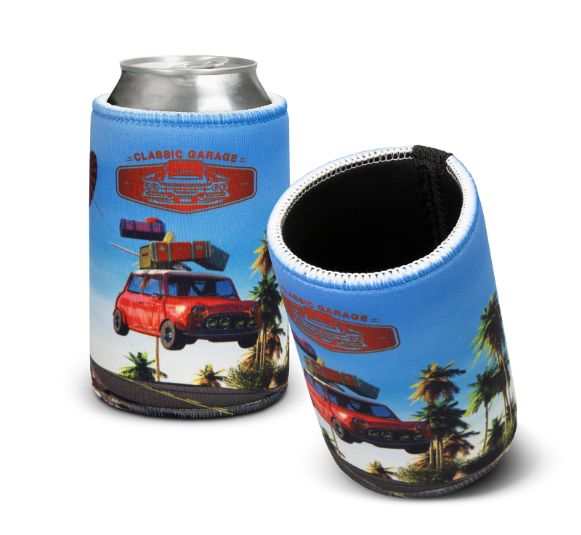 Stubby | Bar & Drinkware
Stubby | Bar & Drinkware Wines
Wines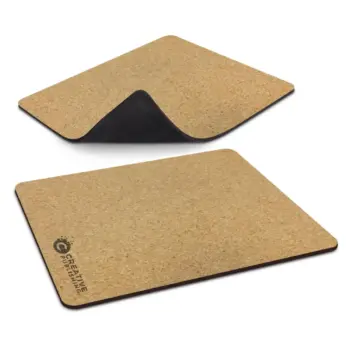


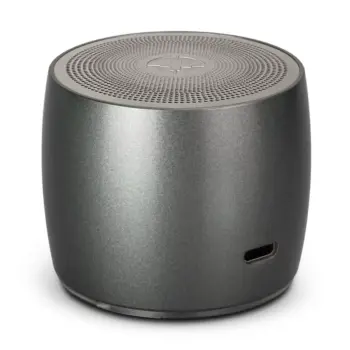
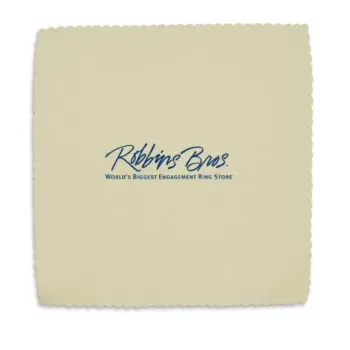
 Business Card Holders
Business Card Holders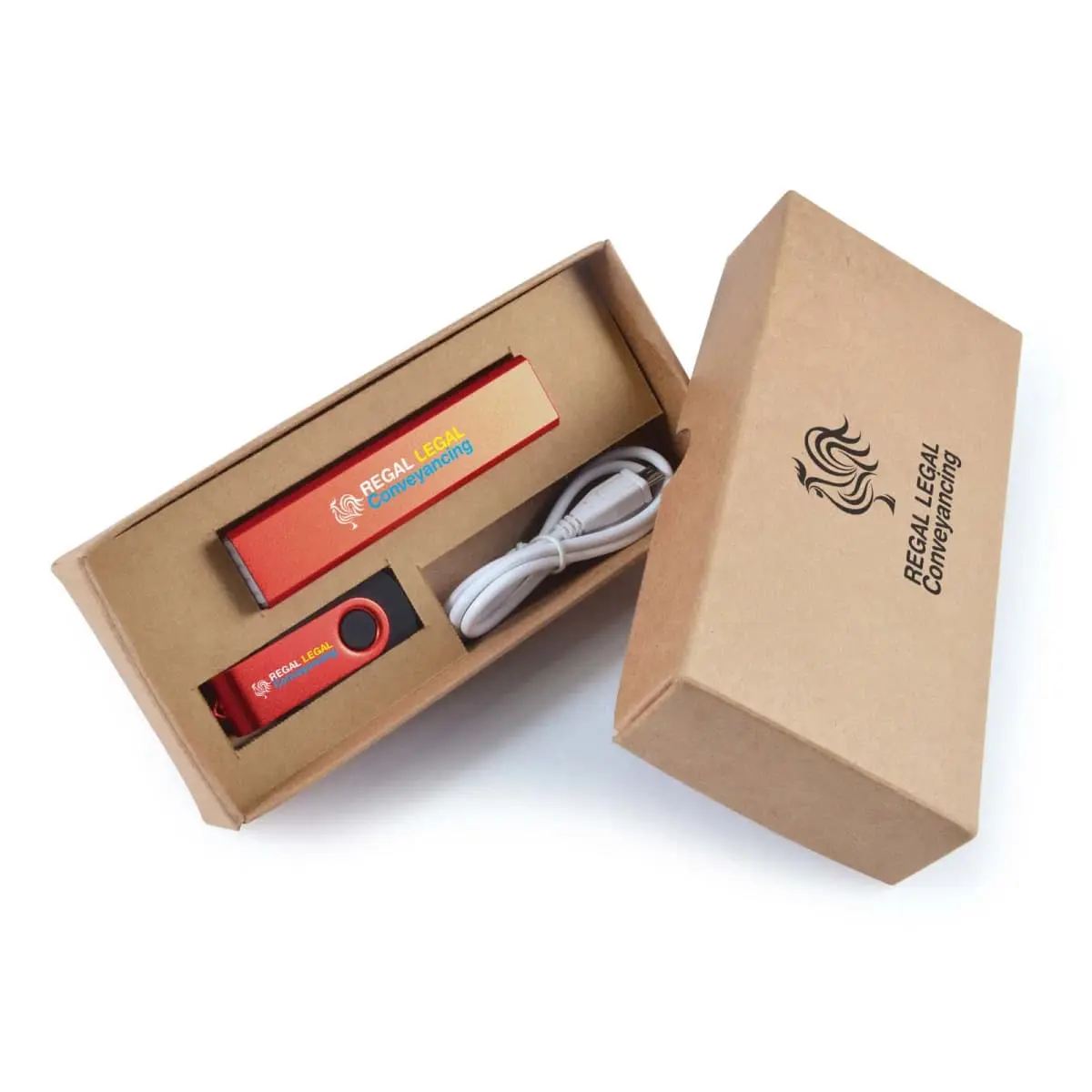 IT Gift Sets
IT Gift Sets Tech Computers
Tech Computers



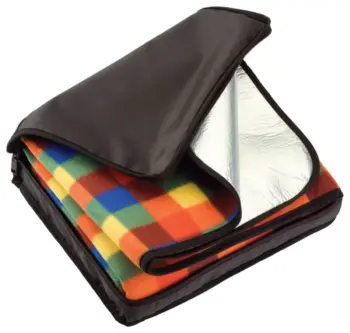
 Beach Towels
Beach Towels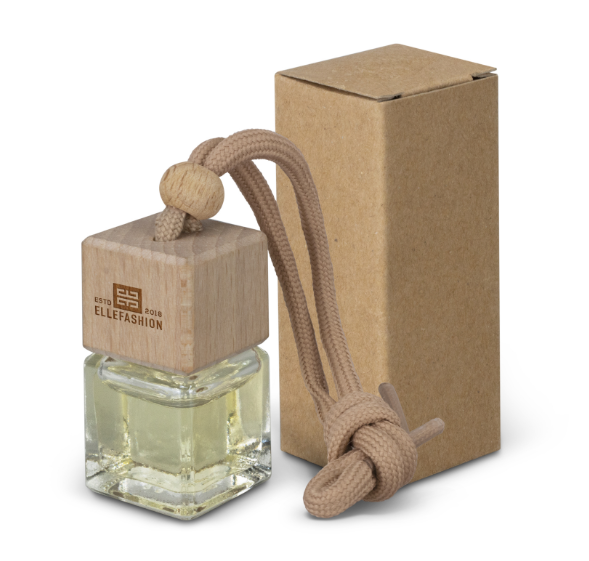 Car Accessories
Car Accessories Golf
Golf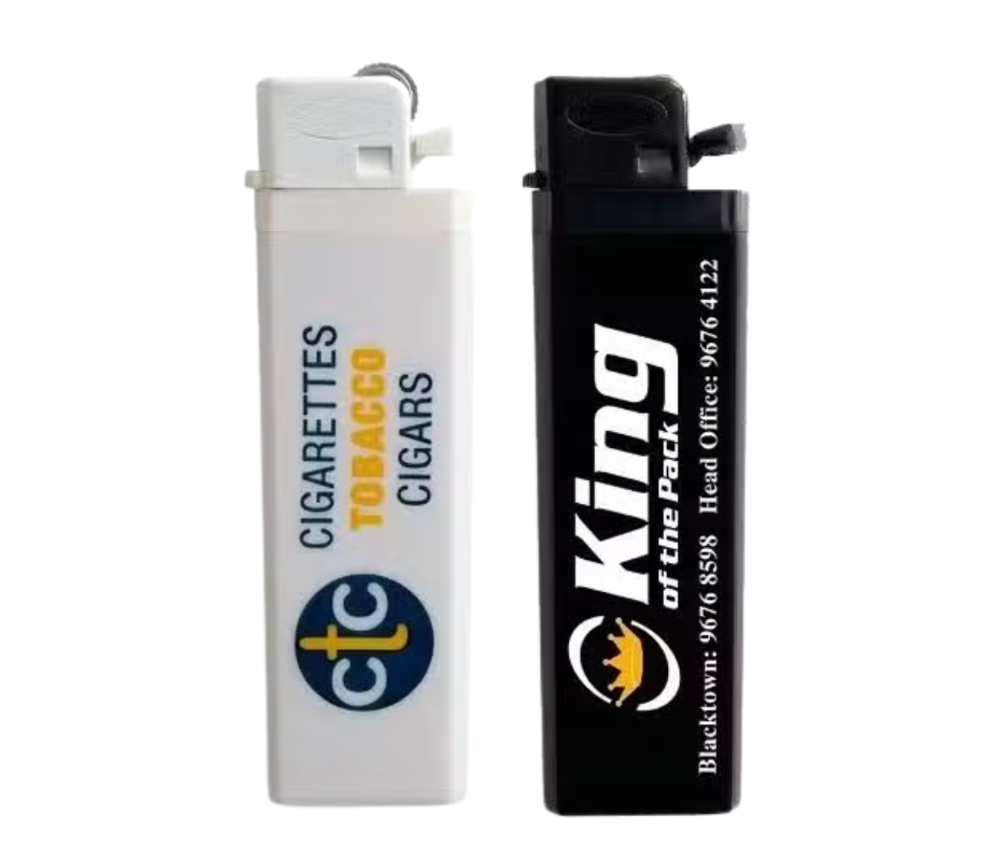 Lighters
Lighters Picnic Gear
Picnic Gear Sports Items
Sports Items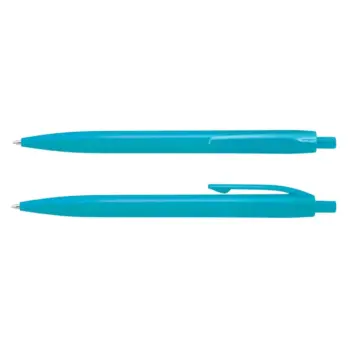
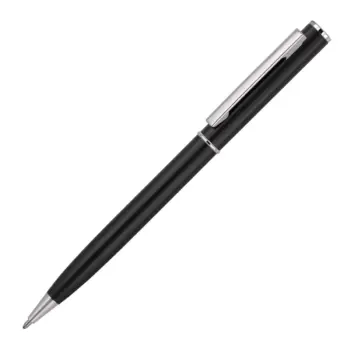
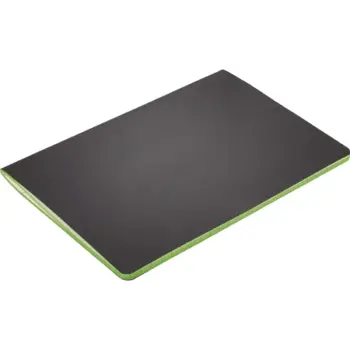
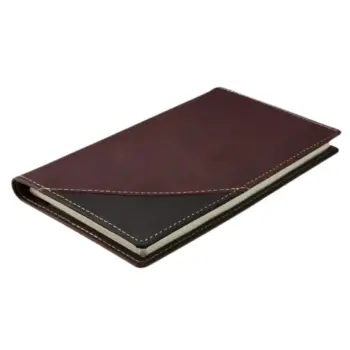

 Markers
Markers Post-It & Sticky Notes
Post-It & Sticky Notes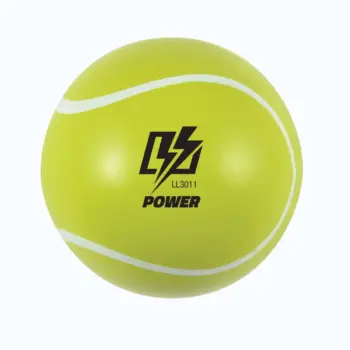
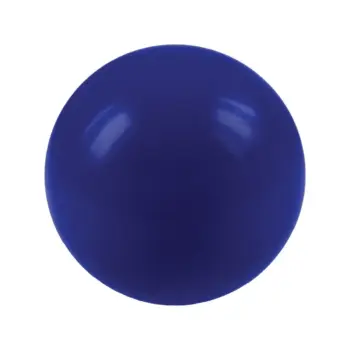

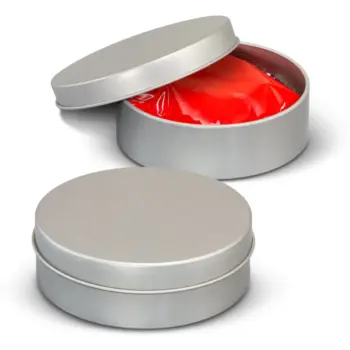
 Card Decks
Card Decks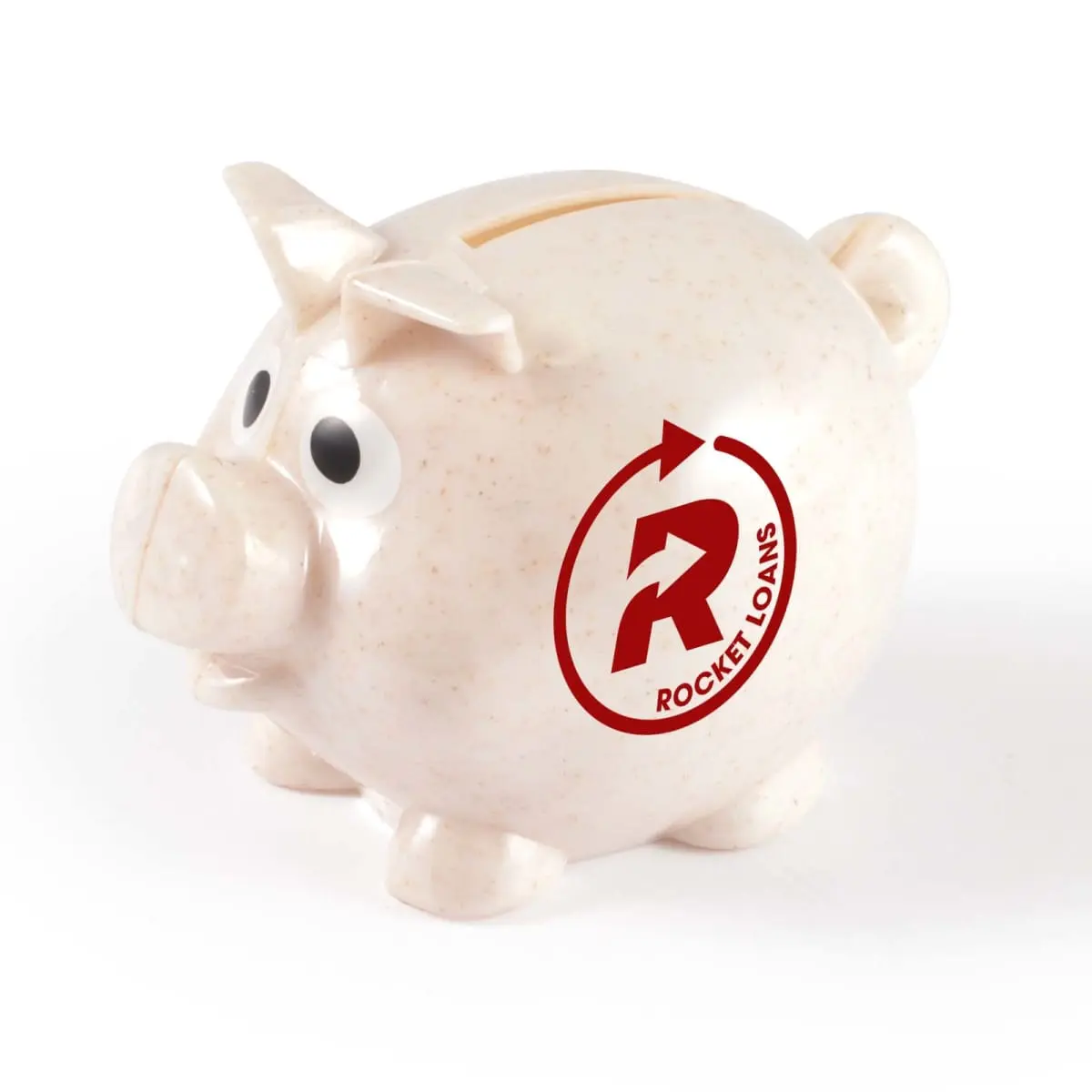 Coin Banks
Coin Banks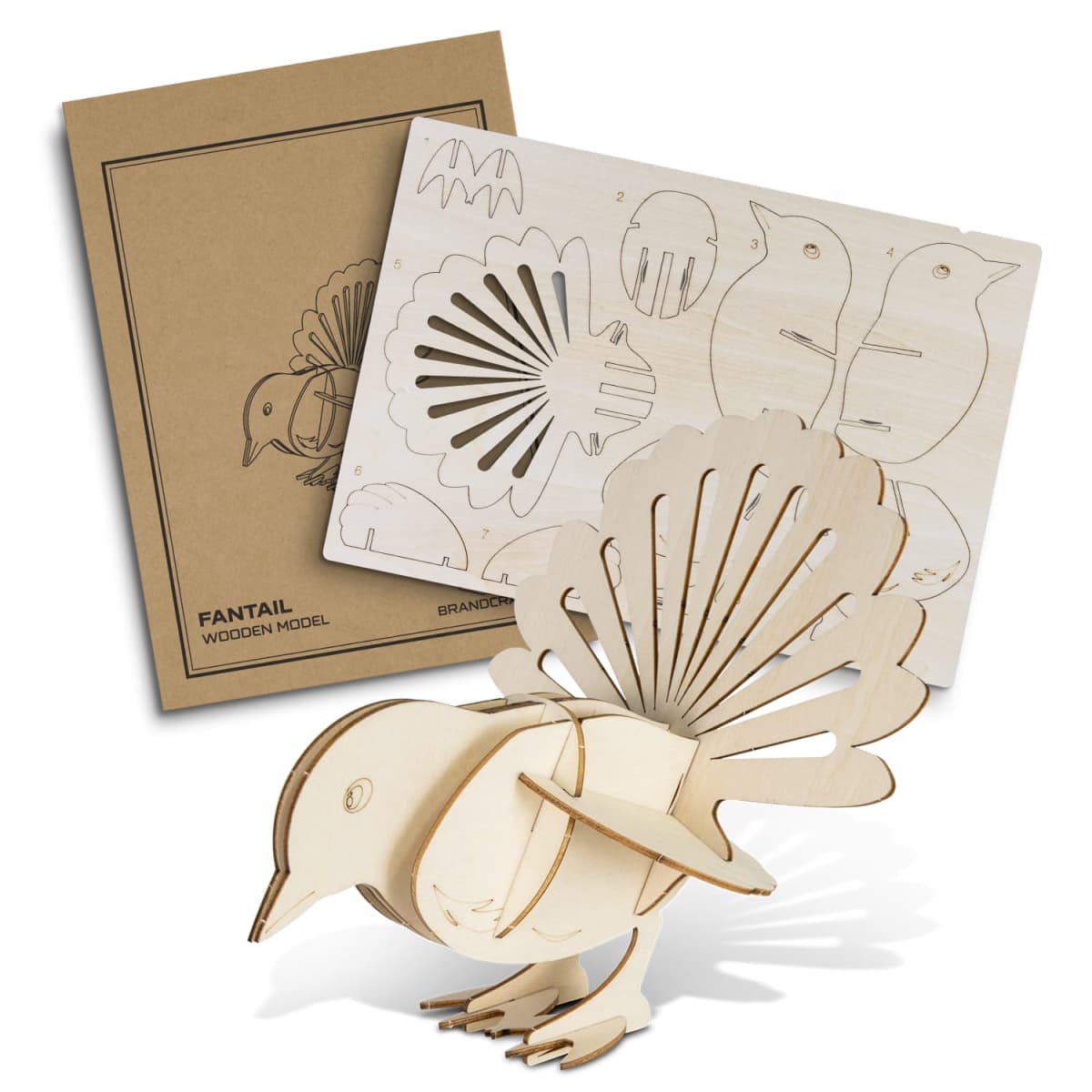 Conference Toys
Conference Toys Event Toys
Event Toys Frisbees
Frisbees Games & Puzzles
Games & Puzzles Kids
Kids Plush Toys
Plush Toys
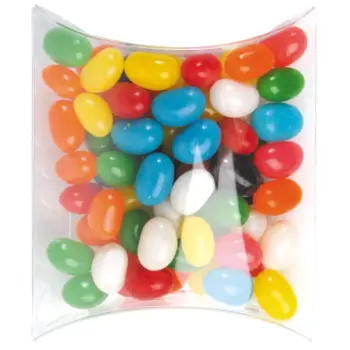
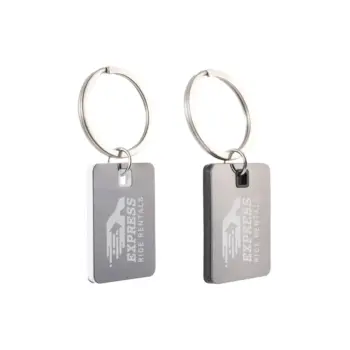


 Print | Signage
Print | Signage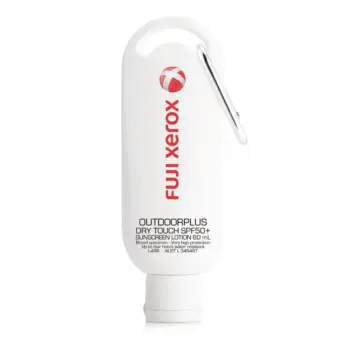
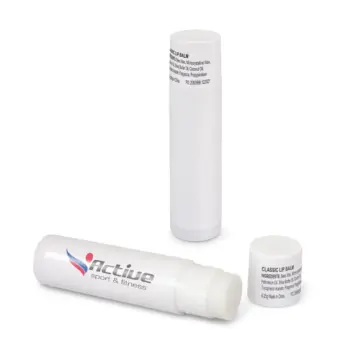
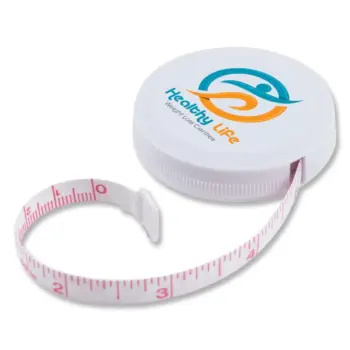
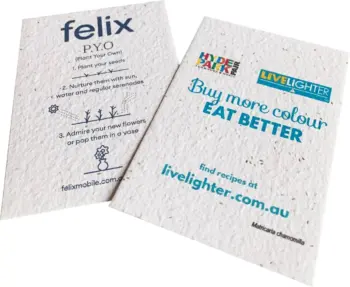
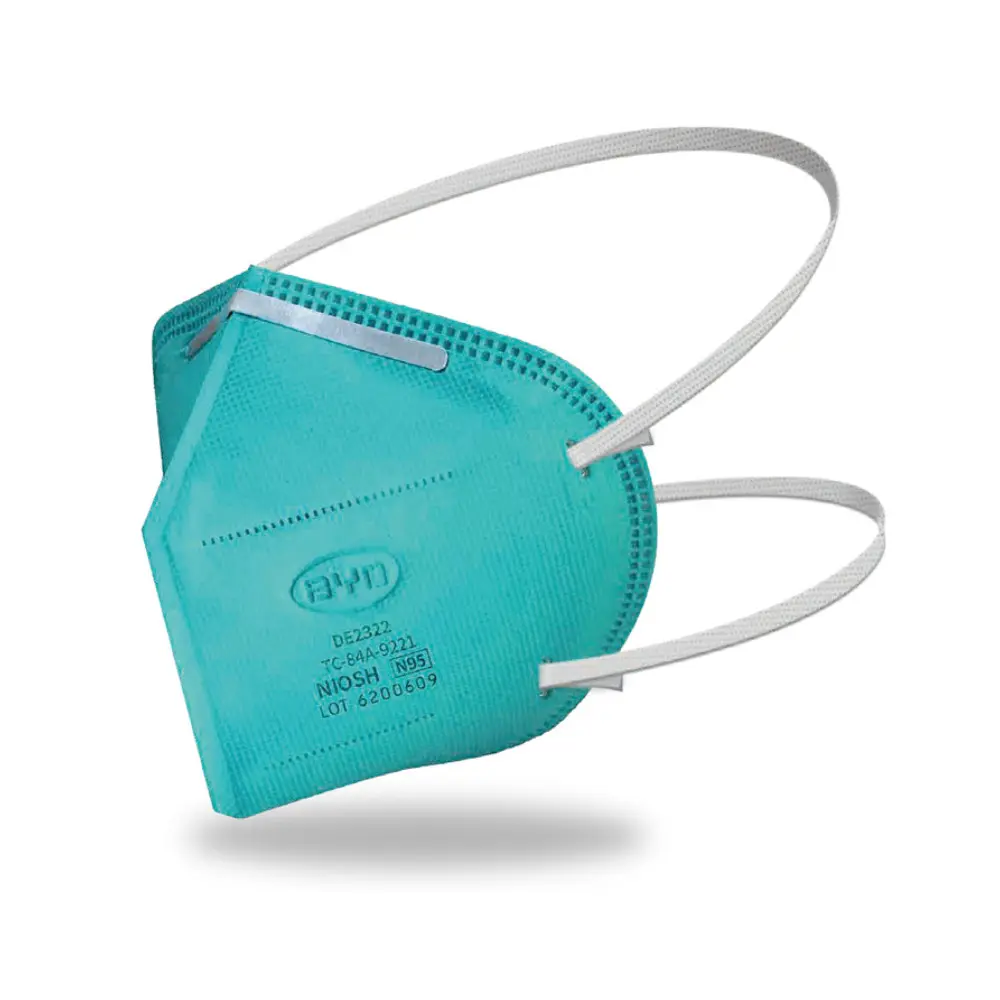 Antibacterial
Antibacterial Eco Products
Eco Products Gift Box Sets
Gift Box Sets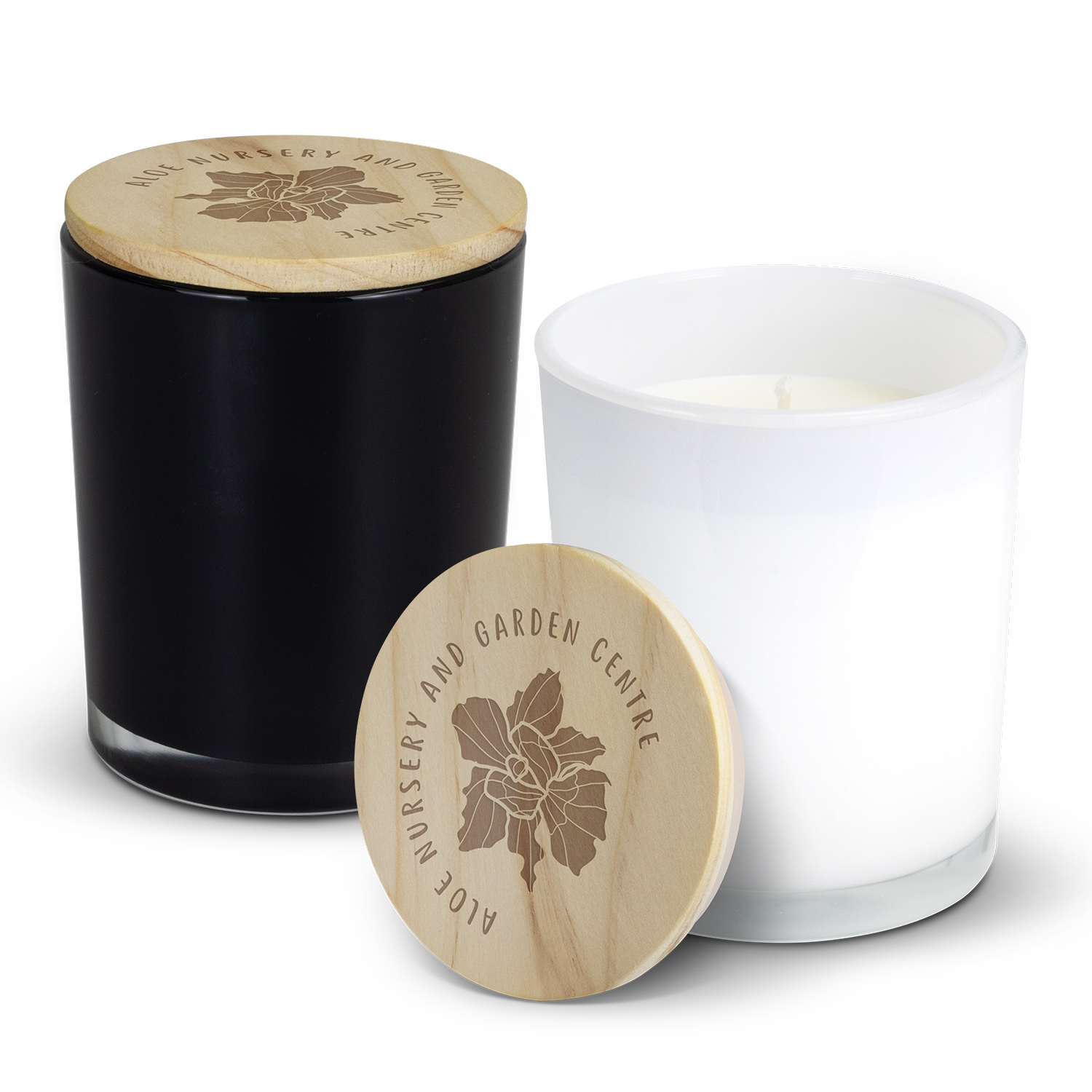 Homeware
Homeware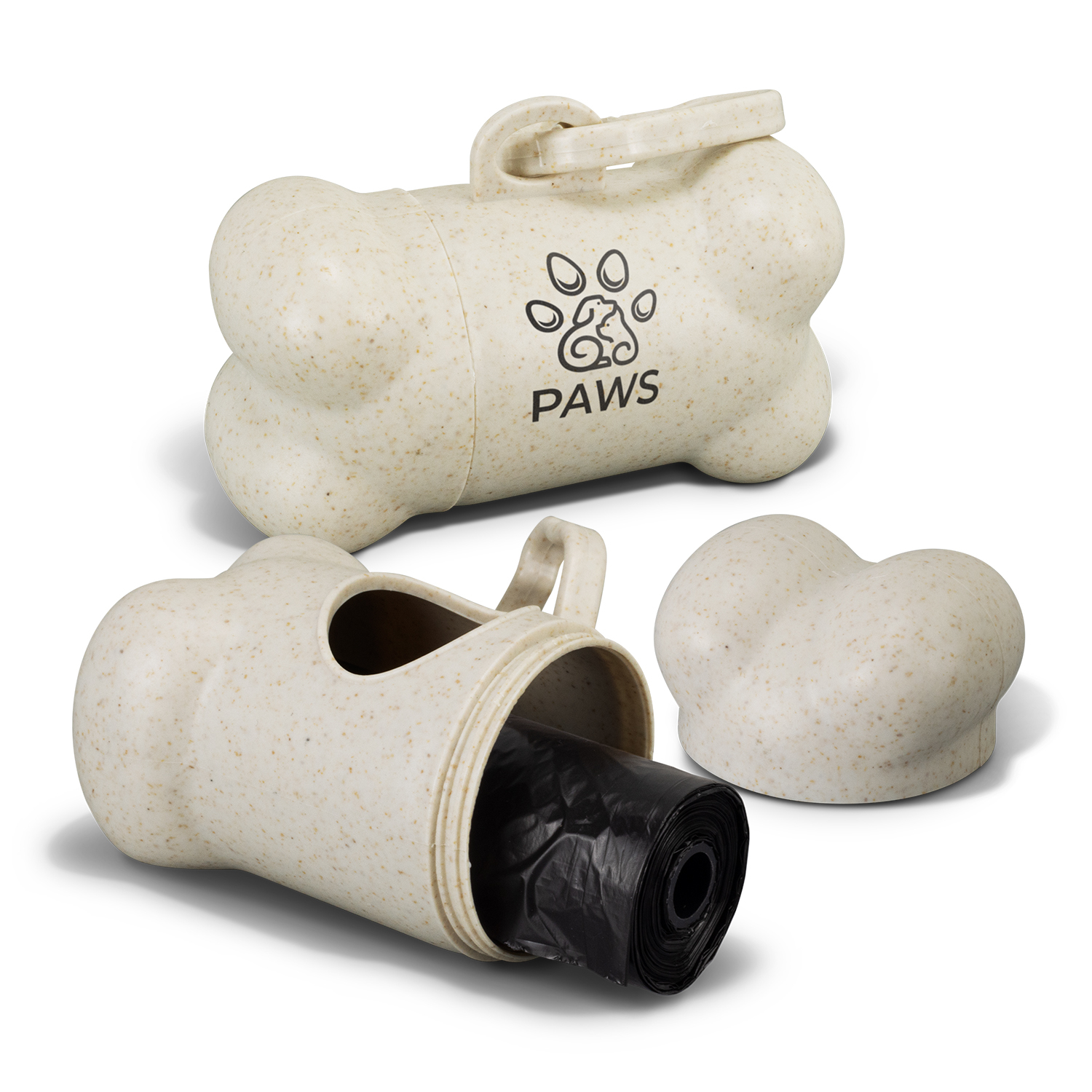 Pet Products
Pet Products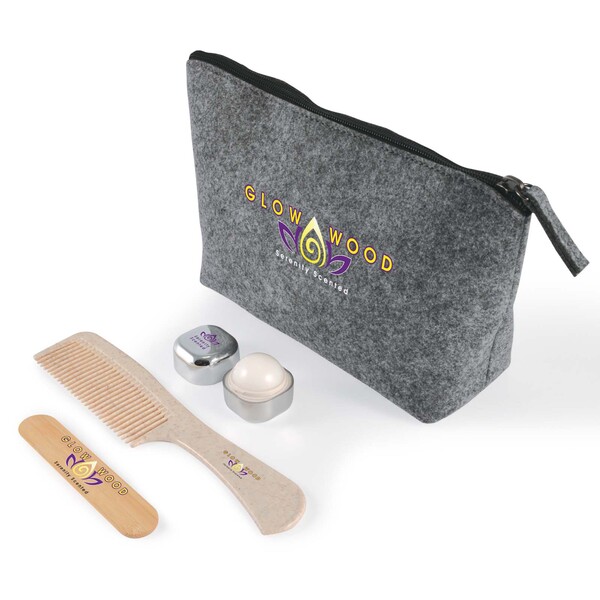 Personal Care
Personal Care Occasion Ideas
Occasion Ideas